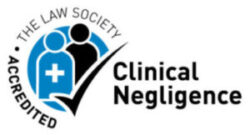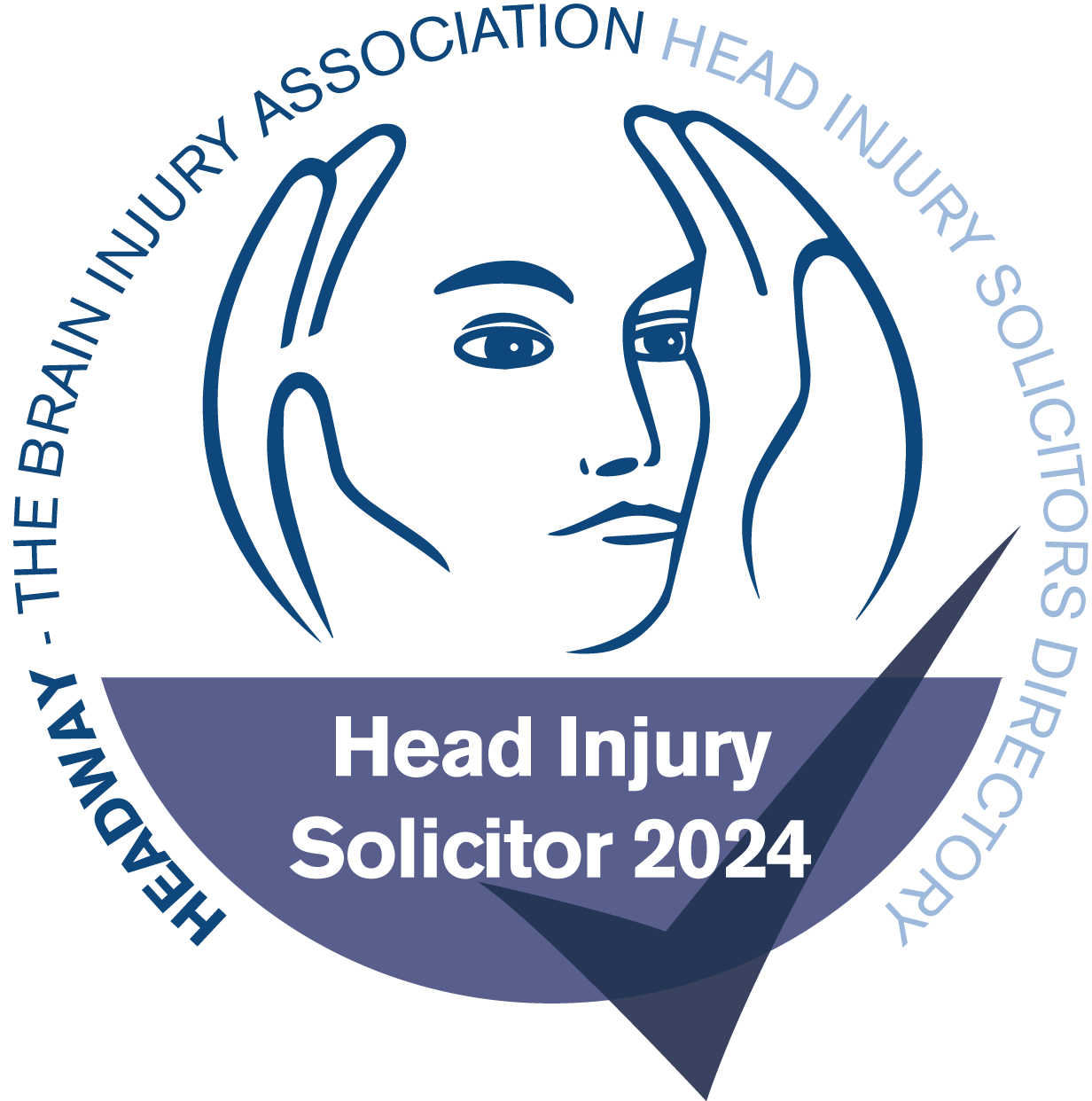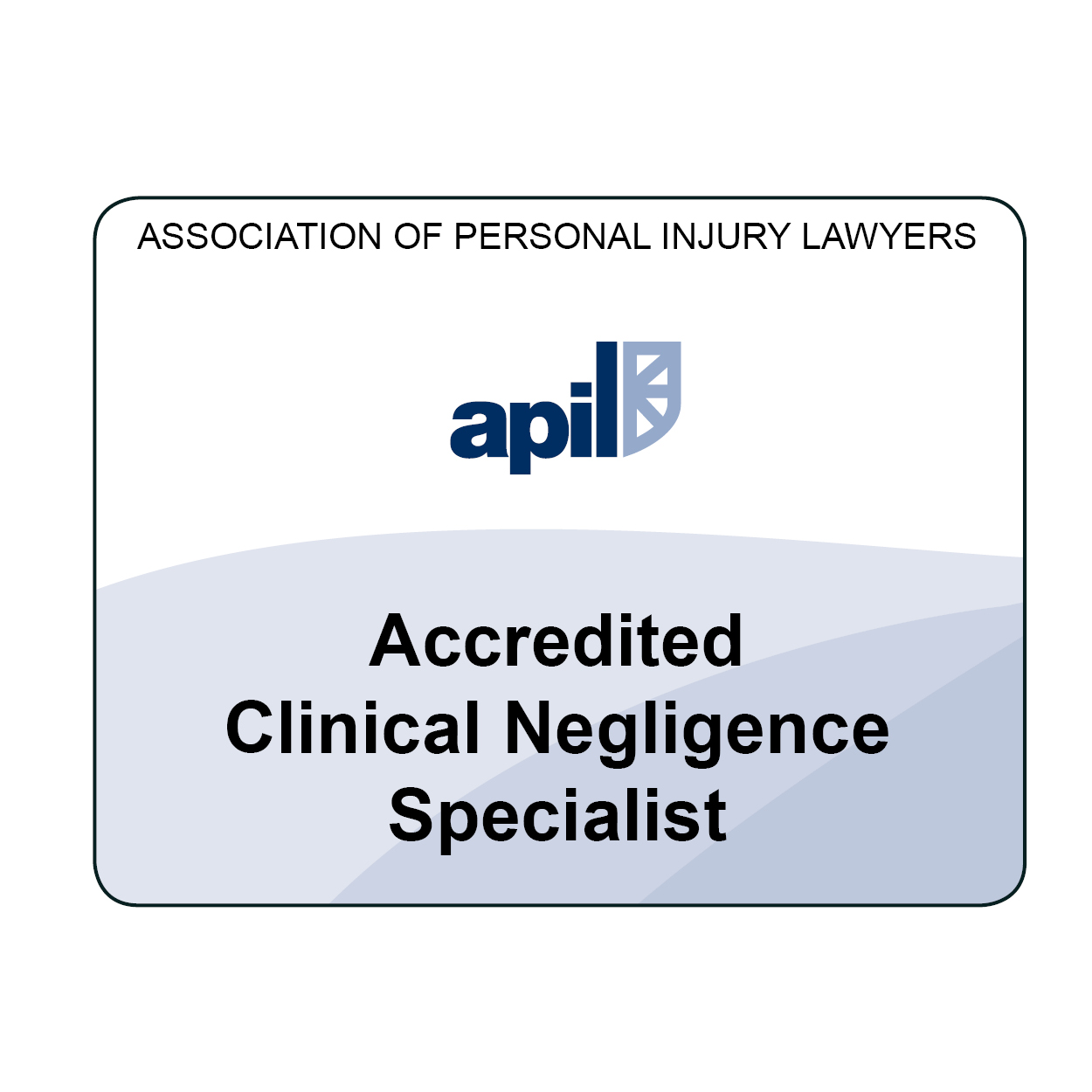
Millions of patients across the UK are at risk of delayed diagnoses and / or other forms of medical negligence, as the number of people waiting for routine hospital treatment has reached an all-time high in the wake of the Covid pandemic.
Key NHS stats show a health system under tremendous strain, which is failing patients on a record scale:
- More than 6.2 million people nationwide are now waiting for hospital care.
- As of February 2022, almost 300,000 had waited more than a year and more than 23,000 have been waiting for over two years.
- Figures for March 2022 indicate that over 22,500 people were also forced to wait more than 12 hours in English A&E departments; the highest number ever recorded.
- The same month also saw admissions to A&E up close to 30% year-on-year.
- Just 71.6% of patients brought to A&E are receiving care within four hours; NHS targets indicate this should be the case for 95%.
Long wait periods contribute to patient risk
Common sense indicates that those attending an emergency unit can expect better outcomes if they are seen quickly by medical staff.
For patients awaiting non-emergency hospital treatment or examination, excessive wait periods can again increase the risks of adverse outcomes. This is because with time diseases or afflictions can develop or worsen, reducing the window of opportunity for effective treatment.
Where staff fail to act in accordance with national health guidelines by not seeing patients quickly enough, or by devoting insufficient time to their needs, clinical negligence compensation claims could help victims deal with any adverse consequences.
Hospital negligence claims can be made in response to a wide range of failings on the part of medical staff, and can include:
- Birth injury claims
- Surgical error claims
- Delayed diagnosis claims
- Misdiagnosis claims
Where patient care standards fall short of the standards expected from NHS institutions, clinical negligence solicitors also advise victims in relation to:
- Care home negligence claims
- Dental negligence claims
- General Practitioner (GP) negligence claims
Are you concerned about NHS wait times?
Reflecting on the staggering wait times faced by UK patients in need of hospital care, Dr Tim Cooksley, President of the Society for Acute Medicine stated:
“It is increasingly evident that urgent and emergency care is struggling to cope and, in some cases, is unable to deliver the safe and high-quality clinical care every clinician wants to be able to provide for their patients.”
Against such a backdrop, it is important that anybody who feels they might have suffered or be at risk of suffering medical negligence contacts a qualified clinical negligence solicitor for advice.
Guidance can initially be provided on a free basis, and if you decide to pursue a hospital negligence claim you can do so on a no win, no fee basis.





